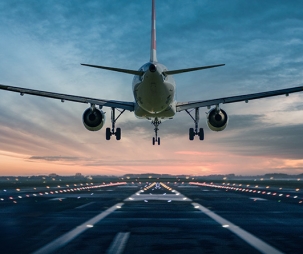

In a Diploma in Aviation program, students can expect to learn a variety of subjects and skills relevant to the aviation industry. Here's a breakdown of some key areas typically covered in such a program:
Aviation Fundamentals: Understanding the basic principles of flight, aerodynamics, aircraft structures, and systems. This includes learning about different types of aircraft and their operations.
Aviation Regulations: Studying the legal and regulatory frameworks governing the aviation industry. This involves learning about safety standards, aviation law, air traffic control regulations, and international aviation agreements.
Airport Operations: Exploring the functions and management of airports, including terminal operations, ground handling, airside operations, baggage handling, security procedures, and passenger services.
Airline Operations: Learning about the operational aspects of airlines, including flight planning, scheduling, crew management, passenger handling, ticketing, revenue management, and customer service.
Aviation Safety and Security: Understanding safety protocols, risk management, emergency procedures, accident investigation, and security measures implemented in the aviation industry to ensure the safety of passengers, crew, and aircraft.
Navigation and Communication: Studying navigation systems, air traffic control procedures, radio communication protocols, and navigation charts used in aviation for route planning, navigation, and communication with air traffic control.
Aircraft Maintenance: Gaining basic knowledge of aircraft maintenance practices, including inspection procedures, maintenance schedules, troubleshooting techniques, and regulatory requirements related to aircraft maintenance.
Aviation Management: Introducing principles of aviation management, including aviation business models, marketing, finance, strategic planning, human resources management, and organizational behavior within the aviation industry.
Human Factors in Aviation: Understanding human factors principles as they relate to aviation safety, including human error, crew resource management, fatigue management, and human performance factors affecting aviation operations.
Aviation Technology: Exploring advancements in aviation technology, including aircraft systems, avionics, navigation equipment, communication systems, and emerging technologies shaping the future of aviation.
Overall, a Diploma in Aviation provides students with a comprehensive understanding of the multifaceted aspects of the aviation industry, preparing them for entry-level positions in various sectors such as airlines, airports, aircraft maintenance organizations, aviation regulatory agencies, and aviation-related businesses.
